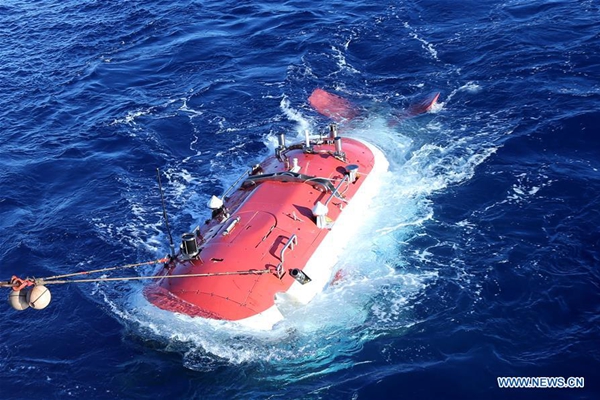A Tibetan delegation of the National People’s Congress (NPC) of China has informed Japanese officials and friendly groups about the current situation in Tibet and called upon Japan to properly handle Tibet-related issues.
During a five-day visit that concluded on Saturday, the delegation met with former President of Japan’s House of Councilors and Chairman of Japan-China Friendship Center Satsuki Eda, Chief Secretary of Japan-China Parliamentary Friendship Association Yoshimasa Hayashi, as well as Parliamentary Vice-Minister for Foreign Affairs Shunsuke Takei.
Heading the Tibetan delegation, Duoji Ciren, member of the standing committee of the People’s Congress of Tibet Autonomous Region, said China has been sticking to the principle of developing bilateral relations with Japan based on the four political documents and the four-point principled agreement between the two countries and in the spirit of taking history as a mirror while looking forward to the future.
He stressed that Tibet-related issues concern China’s sovereignty and territorial integrity, urging Japan to respect China’s core interests and major concerns on related issues and properly handle such issues.
Duoji also said Tibet has been developing fast since it was liberated over half a century ago, with the full support of the central government, help from the whole nation and efforts of all ethnic groups of Tibet.
Currently, Tibet is working toward the goal of building a moderately prosperous society in all respects along with the whole nation, with all social undertakings thriving and people of all ethnic groups living and working in peace and contentment in the autonomous region, he added.
Eda, for his part, said it is important to maintain the friendship between the two countries as well as the two peoples. The Japanese parliament has established a regular exchange mechanism with the NPC, and the Japan-China Friendship Center has also invited Chinese youth to visit Japan on a regular basis to promote mutual understanding and friendship between the two peoples.
Hayashi and Takei said the visit of the Tibetan delegation provided a good opportunity for the Japanese side to learn more about the situation in Tibet, and Japan is willing to deepen communication and cooperation with China in all areas so as to further improve bilateral ties.
The delegation also held seminars with Japanese scholars and overseas Chinese in Japan during the visit.
